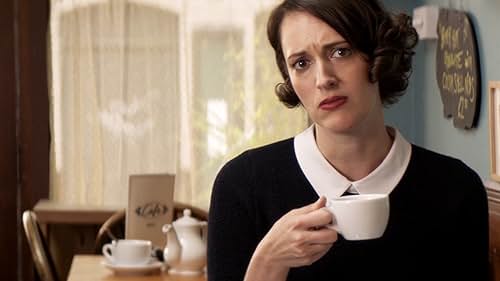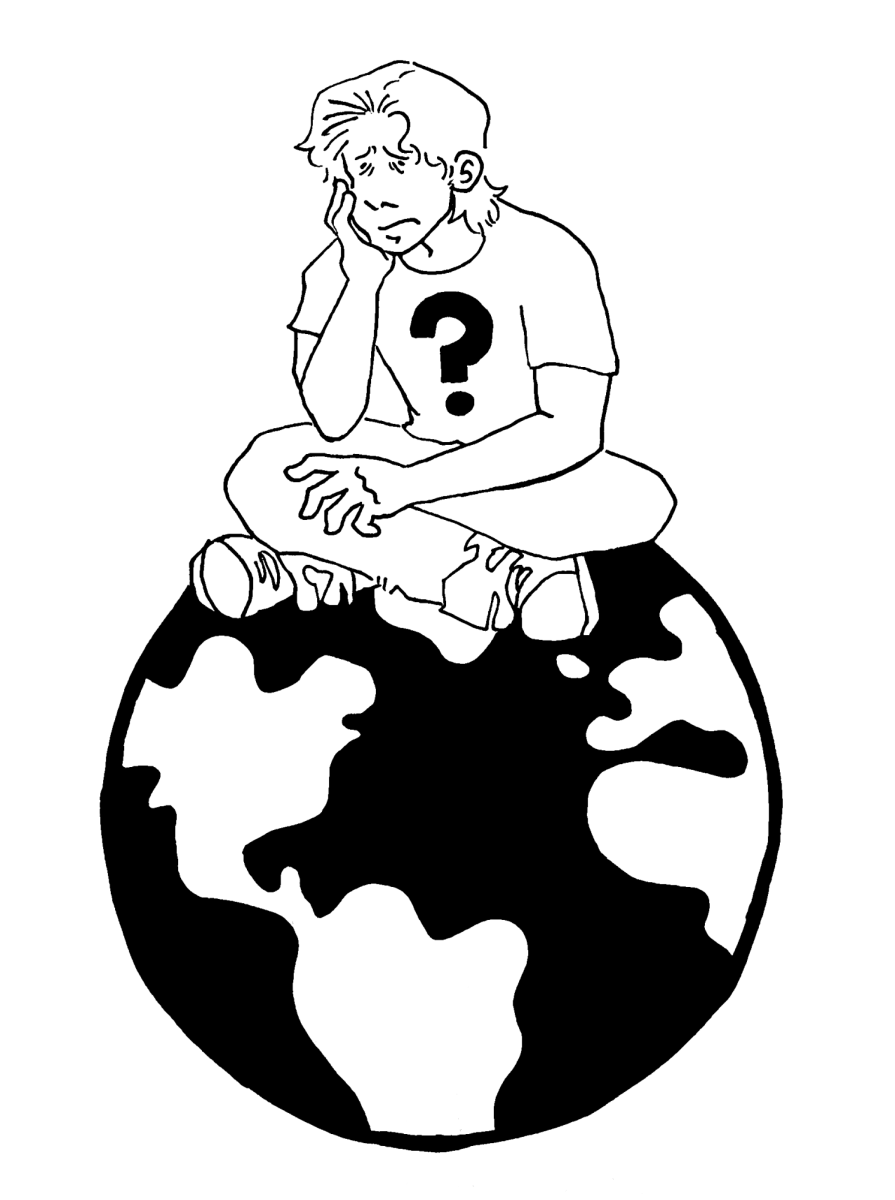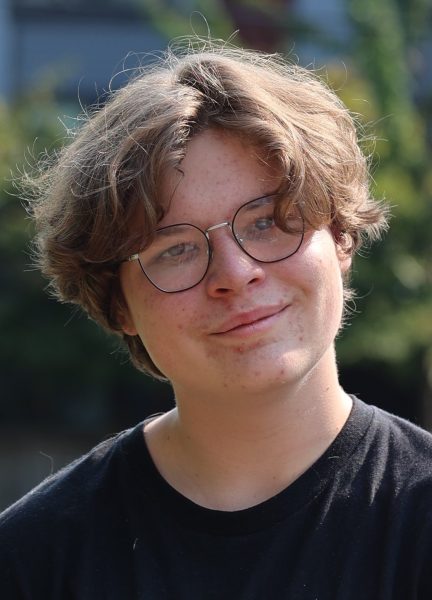There are times when I feel as though the comfort of religion would offer a beautiful crutch to the many things in life that irk me; a code of ethics bound in religious texts that’s little more than a philosophy that could hold my hand. However, these thoughts are almost always short lived.
They are always brought upon by television, which has more and more been crusading to see the appeal of religion. In Phoebe Waller Bridge’s “Fleabag,” the Catholic priest season two orbits around his love of God more than his relationship with the titular Fleabag. In Netflix’s “Nobody Wants This,” an atheist podcaster falls for a suave Jewish rabbi. Religion has never been more successful as a plot line – especially in regards to perceptions of religious men.
There are several reasons for this: the influx of people growing up atheist and becoming fascinated by the smoke and mirrors of religion, for instance. I often wonder if this is just a particular Seattle quirk, where atheism is a common practice and where religious sects have become less polarized.
You’ll see a pride flag outside a Catholic church or a sign declaring equality outside a Muslim mosque more in the primarily Democratic streets of Seattle than the Republican states of “The Deep South,” where religion is in a constant state of spin and contradiction.
However, not all groups of media are portraying religion in such a positive light. “The Secret Lives of Mormon Wives,” operates firstly as a machine of trash reality television and secondly as a way to point out the hypocrisy that runs deep in the Mormon church.
Unfortunately, I can never really tell if Hollywood hates or loves religion. It surely loves a good critique, and Edward Berger’s “Conclave” is evident of that. Already the frontrunner for Best Picture at the 2025 Academy Awards, “Conclave” is a surprisingly PG movie all about the corruption in the Catholic Church.
In Fernando Meirelles’s “The Two Popes,” the entire movie orbits around the sexual abuse committed and hidden by the Catholic Church; hitting harder the corruption blunter than “Conclave.” Now that I’m thinking about it, maybe Hollywood just hates Catholicism?
Neither portraying religion, especially Catholicism, as all good or all bad, highlights that religion is not inherently complicated but instead people are the ones that are complicated. Would I become a devotee of a religion crafted completely from artificial intelligence?
Probably not, as humans are the ones who program AI. Everyone has been highlighting the inhumane nature of AI, in regards to the art it creates and the writing it spins, but are we all forgetting that the roots of artificial intelligence is grounded in human creation.
Maybe Hollywood needs to produce a movie all about the trials and tribulations of a Seattle highschooler realizing the true bliss of religion. I’d become closer to religion if something of that magnitude mirrored me.





















